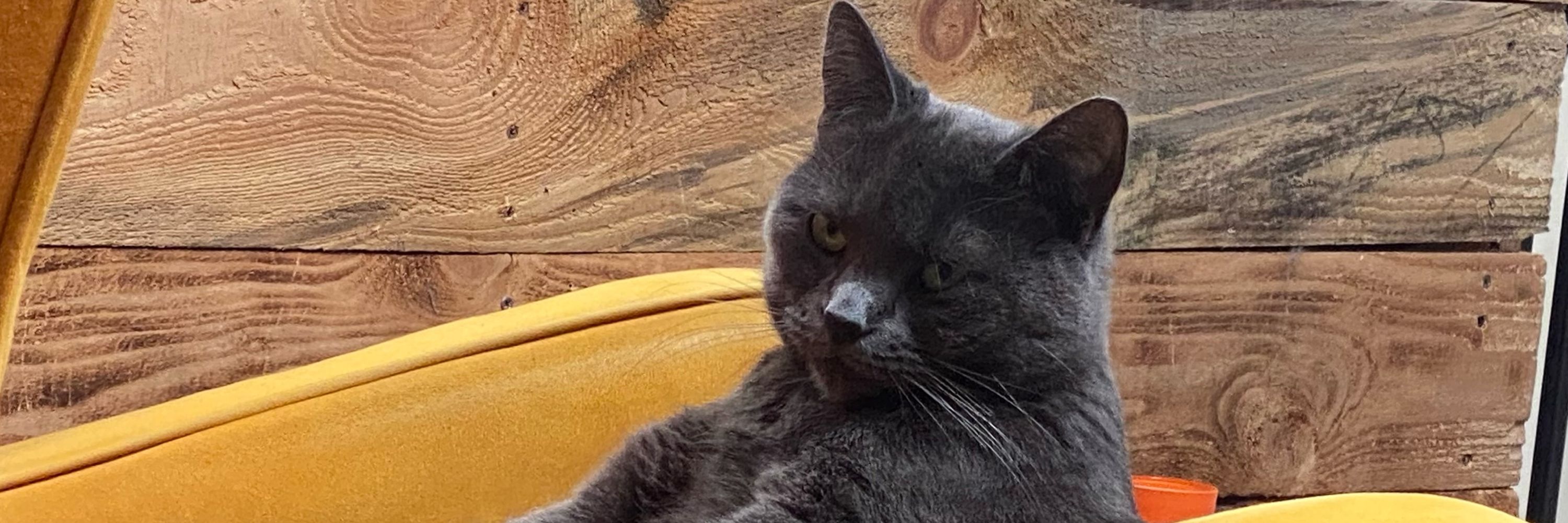
I am sure that this controversy over APOE4 did not last long. However, it's true that he insisted, despite the odds being stacked against him, that it was TOMM40, not APOE, that was ultimately responsible for the APOE locus signal.
I am sure that this controversy over APOE4 did not last long. However, it's true that he insisted, despite the odds being stacked against him, that it was TOMM40, not APOE, that was ultimately responsible for the APOE locus signal.
1. The associations between a simple polygenic score (PGS) based on the European GWAS-defined loci and AD risk in European populations is slightly influenced by the APOE genotype, suggesting existence of independent genetic entities for sporadic AD
1. The associations between a simple polygenic score (PGS) based on the European GWAS-defined loci and AD risk in European populations is slightly influenced by the APOE genotype, suggesting existence of independent genetic entities for sporadic AD

